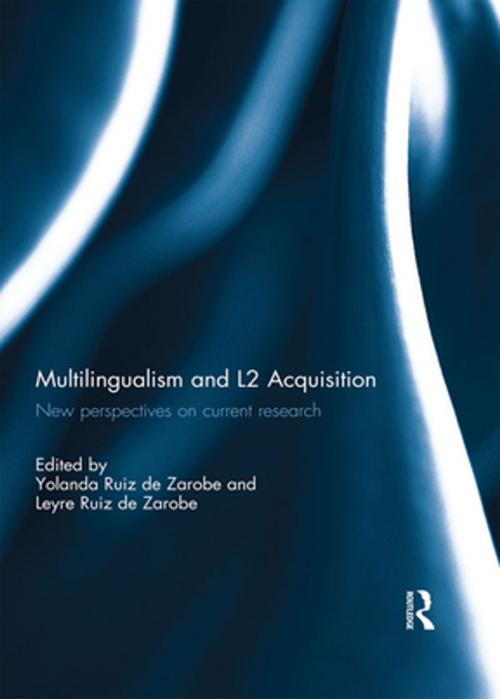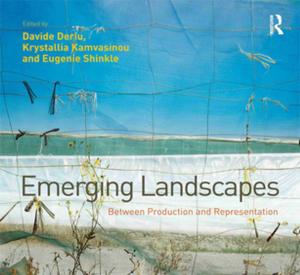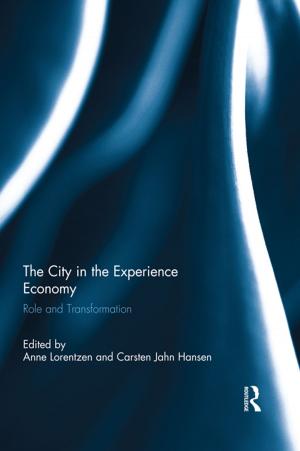Multilingualism and L2 Acquisition
New Perspectives on Current Research
Nonfiction, Reference & Language, Language Arts, Linguistics| Author: | ISBN: | 9781315448107 | |
| Publisher: | Taylor and Francis | Publication: | April 19, 2018 |
| Imprint: | Routledge | Language: | English |
| Author: | |
| ISBN: | 9781315448107 |
| Publisher: | Taylor and Francis |
| Publication: | April 19, 2018 |
| Imprint: | Routledge |
| Language: | English |
In recent years we have witnessed a growing interest in multilingualism and its relationship with the learning and teaching of second/foreign languages. However, multilingualism is a highly complex phenomenon, which has a direct influence on how we learn languages. For instance, do we learn a second/foreign language in a similar way in a multilingual context as in a monolingual one? What is the role of the other languages spoken in the community? Do contrasting learning contexts, like CLIL or studying abroad, produce different results? Can positive emotions such as foreign language enjoyment have an active role in the foreign language learning process? These and other topics will be discussed in this book, with the aim of understanding multilingualism, how languages are learned and how to teach them better. This book was originally published as a special issue of the International Journal of Multilingualism.
In recent years we have witnessed a growing interest in multilingualism and its relationship with the learning and teaching of second/foreign languages. However, multilingualism is a highly complex phenomenon, which has a direct influence on how we learn languages. For instance, do we learn a second/foreign language in a similar way in a multilingual context as in a monolingual one? What is the role of the other languages spoken in the community? Do contrasting learning contexts, like CLIL or studying abroad, produce different results? Can positive emotions such as foreign language enjoyment have an active role in the foreign language learning process? These and other topics will be discussed in this book, with the aim of understanding multilingualism, how languages are learned and how to teach them better. This book was originally published as a special issue of the International Journal of Multilingualism.















